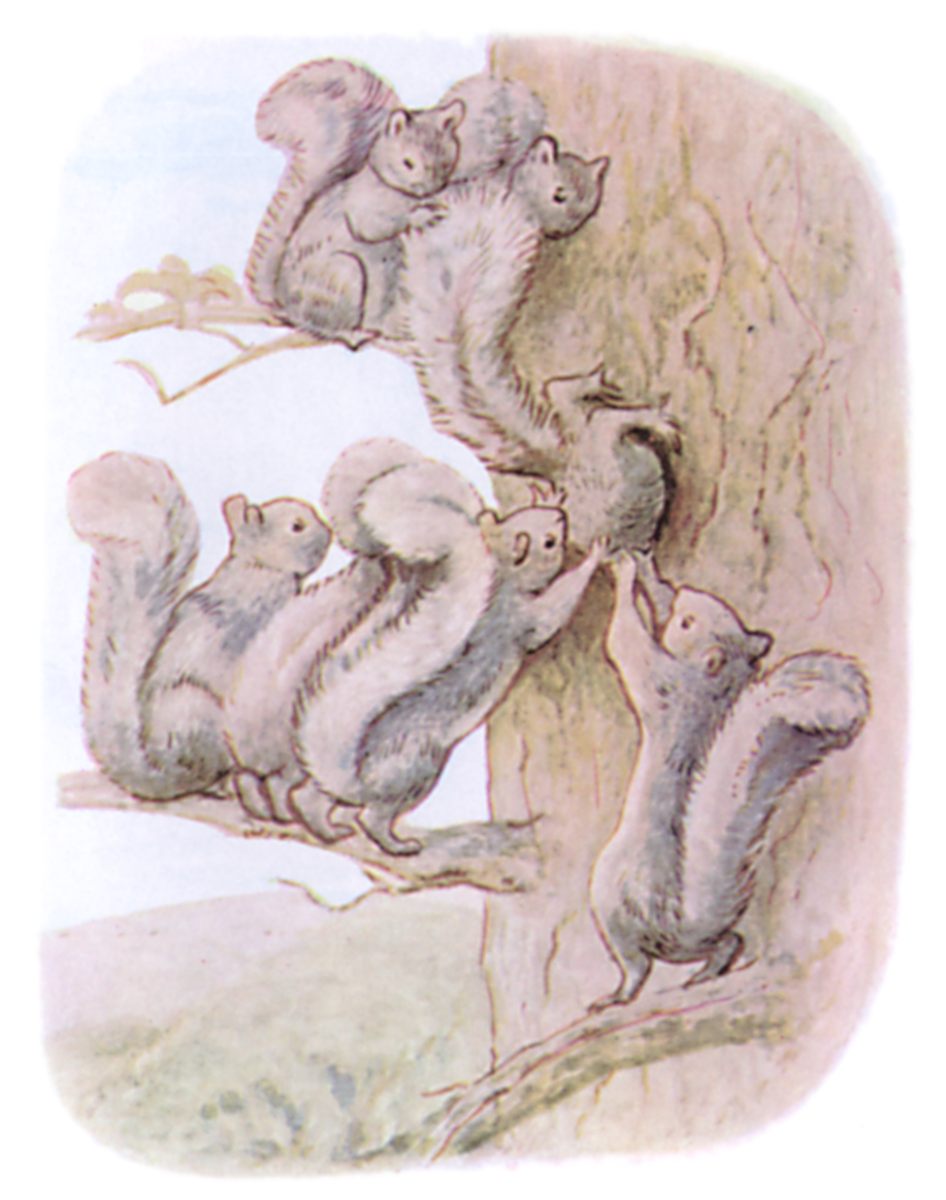Yesterday’s guilty plea by Booneville, Miss. attorney Joseph (“Joey”) Langston in the attempted improper influencing of a Mississippi state judge would be major news even if it had nothing to do with the state’s most famous attorney, Richard (“Dickie”) Scruggs. That’s because Langston and his Langston Law Firm have themselves for years been important players on the national mass tort scene. The firm’s own website, along with search engines, can furnish some details:
- Per the firm’s website, it has represented thousands of persons claiming injury from pharmaceuticals, including fen-phen (Pondimin/Redux), Baycol, Rezulin, Lotronex, Propulsid and Vioxx. It was heavily involved in the actions against Bausch & Lomb over ReNu contact lens solution (and its former #2 Timothy Balducci, the first to plead in the widening round of corruption scandals, won appointment to the steering committee of that litigation.)
- The Langston firm has represented thousands of asbestos claimants and says it has “significant” experience in the emerging field of manganese welding-rod litigation, also a specialty of the Scruggs law firm. The website AsbestosCrisis.com includes the Langston law firm in its listing of about thirty law firms deemed notable players on the plaintiff’s side of asbestos litigation (“Tiny firm founded by Joe Ray Langston powerhouse in Mississippi with 50-year roots in state political circles.”)
- Langston appeared to play a sensitive insider role for Scruggs in the largest and most lucrative legal settlement in history, the tobacco-Medicaid deal between state attorneys general and cigarette companies, the ethical squalor of which was a central topic of my 2003 book The Rule of Lawyers; as mentioned previously, when Dickie Scruggs routed mysterious and extremely large tobacco payments to P.L. Blake, he used attorney Langston as intermediary.
- Langston has repeatedly taken a high profile in the same fields of litigation as has Scruggs, including not only suits over asbestos, tobacco and welding rods but also two of Scruggs’s “signature” campaigns, those against HMOs/managed care companies and not-for-profit hospitals.
- Though the firm is better known for its plaintiff’s-side work, the Langston firm’s “national practice” page asserts: “The Langston Law Firm virtually defined the role of ‘Resolution Counsel’ in the modern era of jurisprudence. Prominent domestic and foreign companies facing massive litigation have turned to The Langston Law Firm to create winning strategies to save their companies.”
Many commenters (as at David Rossmiller’s) have noted that Langston appears to have drawn an unusually favorable plea deal from federal investigators, who are granting him remarkably broad immunity as to uncharged offenses, and not even stipulating that he give up all ill-gotten funds. Presumably this signals that they expect Langston’s cooperation to be unusually extensive and valuable. One hopes that this cooperation will include the full and frank disclosure of any earlier corruption and misconduct there may have been in all the past litigation in which Langston has been involved. In particular, tobacco, asbestos, and pharmaceutical litigation have all raised suspicions in the past because of instances in which forum-shopping lawyers took lawsuits of national significance to relatively obscure local courts — quite often in Mississippi — and proceeded to get unusually favorable results which paved the way for the changing hands of very large sums in settlement nationally. Were all these results achieved honestly?
Incidentally, and because it may confuse those researching the matter on the web, it should be noted that there is a second prominent Mississippi plaintiff’s lawyer who bears the same surname but has not been involved in the recent Scruggs scandals, that being Joey’s brother Shane Langston, formerly of Jackson-based Langston, Sweet & Freese. Shane Langston, whose name turned up often in connection with the “hot spots” of pharmaceutical litigation of Southwest Mississippi, has more recently been in the news over client complaints regarding alleged mishandling of expenses related to the Kentucky fen-phen litigation scandals. [Family relationship between the two confirmed 1/16 on the strength of emails from several readers.] (& welcome WSJ Law Blog readers)
[First of a two-part post. The second part is here.]

 it had
it had